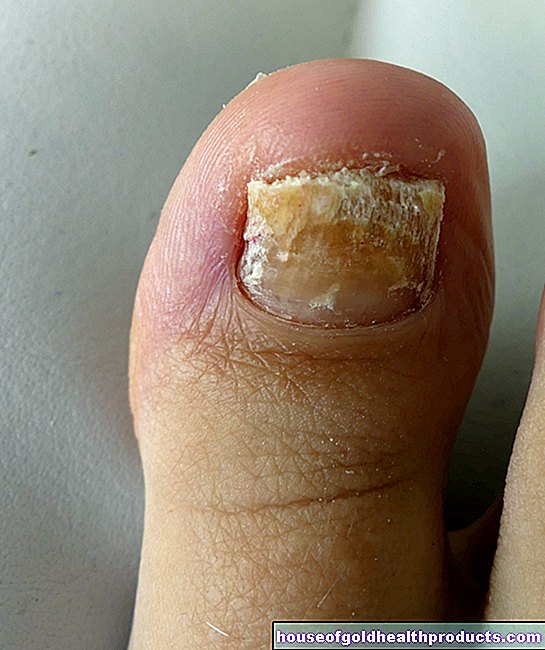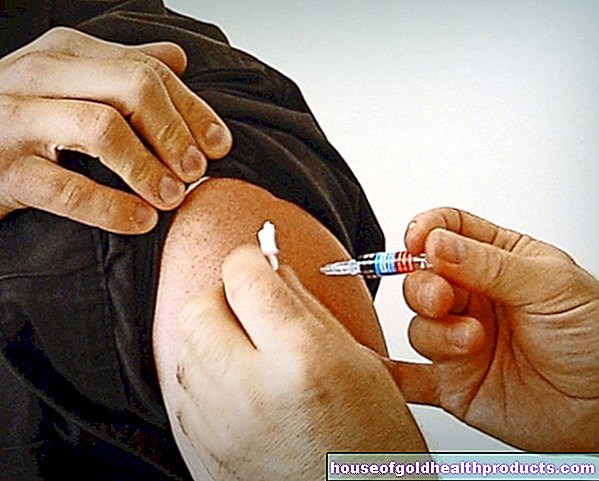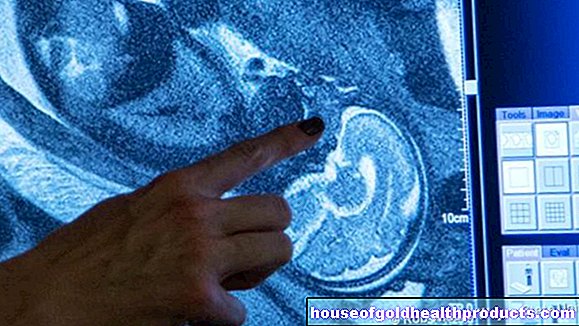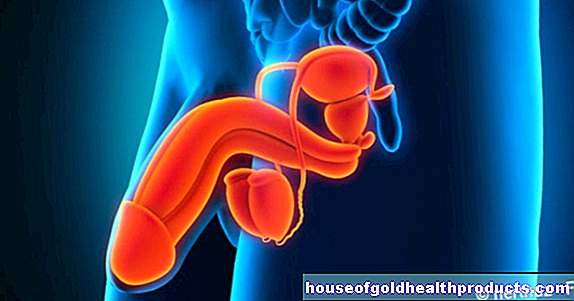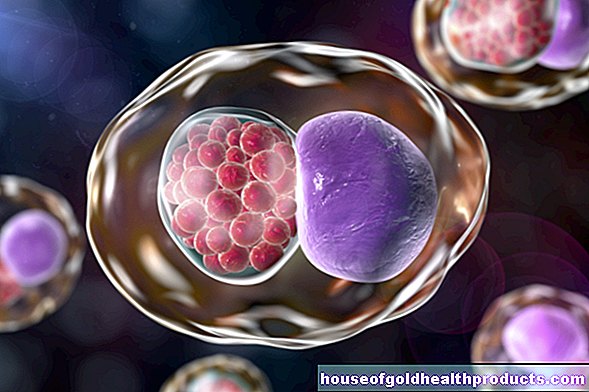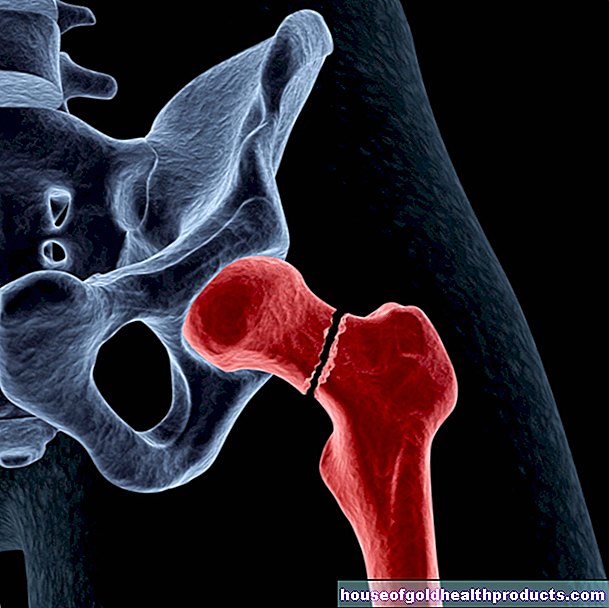Parkinson's disease: drugs change personality
All content is checked by medical journalists.Slowed, jerky movements, muscle stiffness, muscle tremors: Parkinson's patients are increasingly losing control of their movements. Medicines enable many affected people to lead a life with few symptoms for a long time. But for some they also change behavior and personality.
In Parkinson's, dopamine-producing cells die in certain areas of the brain. It is the lack of this messenger substance that causes the typical movement disorders. Certain drugs - so-called dopamine agonists - are chemically very similar to dopamine and therefore have a similar effect. However, they not only affect the motor skills, but also the reward center in the brain. There they can trigger a disturbance of the impulse control.
Uncontrollable urge
People with such a disorder feel their needs more strongly - the urge to satisfy them is great. Some develop an excessive need for food, alcohol, or sex. Others become addicted to shopping or gambling. The latter cannot suppress the impulse to risk a lot of money in the casino or at machines. "That can have catastrophic consequences," write scientists from Loyola University in Chicago. "Impulse control disorder can result in divorce or job loss, ruin people financially and endanger their health."
Study director Dr. Adolfo Ramirez-Zamoraa and his team have now presented the latest results on Parkinson's medication and impulse control disorders. The connection seems greater than previously assumed. According to this, 14 percent of people with Parkinson's have an impulse control disorder that should be treated.
Double-edged drug effect
So far there is no guideline that defines how such a treatment should look like. The scientists recommend that doctors and patients discuss together whether it is possible to change or reduce medication in the event of an impulse control disorder. Antidepressants, antipsychotic or anti-epileptic medications can also be considered as alternative therapies. This is countered by the fact that Parkinson's symptoms may not be adequately controlled and that severe withdrawal symptoms such as anxiety and panic may occur.
A relatively new treatment - deep brain stimulation with a brain pacemaker - may be an appropriate therapy for some patients. But the procedure is not entirely safe. Less risky are psychotherapeutic treatments, in which patients should learn to direct their attention in such a way that they can recognize and avoid triggers of impulses at an early stage. In addition, they learn to replace the impulse-driven behavior with other behaviors.
Parkinson's is the second most common neurodegenerative disease in Germany, affecting around 250,000 to 280,000 people. The disease usually occurs between the ages of 50 and 60. The symptoms can often be treated well with medication for many years. However, the progression of the disease cannot yet be stopped. The big challenge is to maintain the quality of life despite the disease. (vv)
Source: Ramirez-Zamoraa, A. et al. 2016. Treatment of impulse control disorders in Parkinson's disease: Practical considerations and future directions. Expert Review of Neurotherapeutics. DOI: 10.1586 / 14737175.2016.1158103
Tags: anatomy healthy workplace palliative medicine.jpg)
